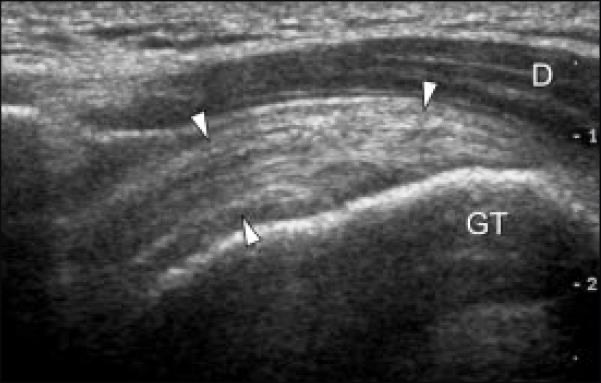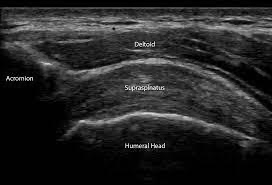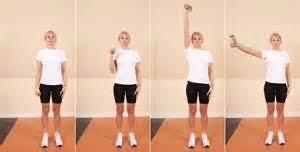Tendinopathy is an ongoing myth
Tendinopathy is an ongoing myth.
On a daily basis, I meet people who claim to have 'tendinitis'.
Either, they found information on the internet, or a doctor 'diagnosed' the problem. I will explain to you that there is no such thing as an inflamed tendon.
Tendons exist of collagen fibers and so-called 'ground substance'. The fibers are linear and interconnected by crosslinks. The ground substance contains specific molecules to maintain the quality and structure of a tendon.
A tendon is a poorly circulated structure. There is even a part that is called a 'non-vascular zone'. This implies that injuries take a long time to recover.
A tendon has to have the tensile strength to withstand all forces, from the outside and inside.
If a tendon exceeds 7% of its original length it tears.
Familiar examples are rotator cuff and Achilles heel injuries.
A tear is hard to heal, because of the retraction of tissue.
A complete tear needs surgery, a partial tear needs a long time with a specific rehab protocol. Recurrence of symptoms is unfortunately often.
A more common injury is (chronic) tendinopathy.
This is the proper term, it is the 'disease' of the tendon.
A tendinopathy is often a gradual build-up of discomfort.
Pain during/after exercise, specific moves hurt, other ones don't.
So, what is it?
As mentioned, the tendon contains fibers. These fibers are interconnected.
The structure fades if a tendon has been overused, e.g. in sports or work. The crosslinks disappear. It seems the tendon 'swells', and ground substance is overly present.
Because of the change in structure, the tensile strength weakens. This is the start of a vicious cycle.
These changes are visible in an ultrasound scan.


What to do?
First of all: stop doing what hurts the tendon.
If the structure next to the tendon becomes inflamed (bursitis), use ice. Ibuprofens affect the tendon negatively.
Second, diagnose properly. With an ultrasound scan you can detect the problem.
If it is tendon only, start treatment with Shockwave. This device helps the circulation and metabolism. Also, because of a process that's called 'neo-vascularization', there are numerous nerve endings in the tendon which makes the tendon ultrasensitive for pressure.
Third, you need to start a rehab program called 'eccentric loading'. It is a special set of exercises for tendinopathic tendons. By lengthening the tendon under pressure, you will create new, healthier tissue. Don't forget, connective tissue renews itself constantly.

Most important: patience!
It is a boring, frustrating process that does not go away by itself.
Cortisone injections do not help with tendinopathy, it only weakens the tendon further.
Before anything: a proper diagnosis.
Have an ultrasound scan made, and talk to a consultant who understands the concept. Unfortunately, there are still many 'old scholars’ claiming that tendinitis is still out there!

